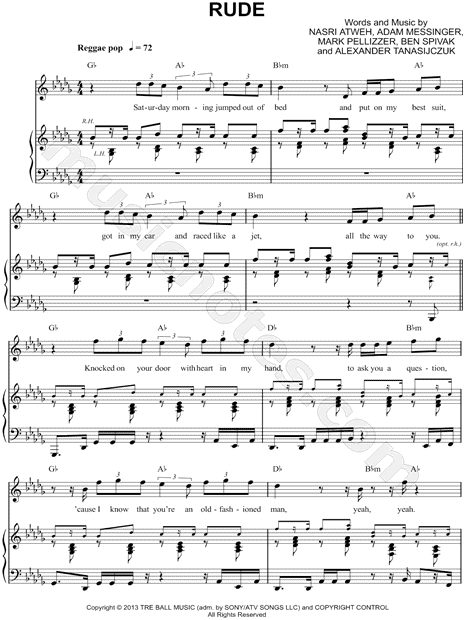

This bunch will stick around for most of your married life. You don’t just marry the girl, you marry her entire family. It can be an important and helpful step in the process of preparing for marriage. If he was going to “marry her anyway” why put in the effort of asking the father?īesides the good of respecting traditions, there is a more utilitarian aspect to preserving the tradition of asking for parents’ blessing.

At the same time we see him “jumping out of bed” on a Saturday morning, “putting on his best suit,” and “racing like a jet” in his excitement to partake in this tradition, or at the very least comply with the expectations of the girl’s father on such an occasion. He sings about how he is “going to marry her anyway” when faced with the unexpected turn down. The young man in the song is evidently unsure. But does the core of the tradition’s symbolism not carry more weight than its historical connotations? What’s more, the mechanics of the tradition recall a time when women were “given away” as property once a prospective husband was identified, an idea completely discordant with today's mentality: an understanding of women as independent persons capable of-and with the right to-direct their own future. When the bride and groom are seen as the leading roles in their own romantic comedy, other “characters” can recede in importance. I am referring to the abundant "happily ever after" stories where the boy-meets-girl scenario follows a predictable storyline and ends with all obstacles (including parents) overcome through the immense power of love. On the other hand, we are part of a “love conquers all” culture epitomized-and shaped-by Hollywood’s lucrative romantic comedy business, as well as music and fiction. It is a tradition that, at its core, symbolizes the desire for familial harmony. It's no different with the tradition of asking for a girl’s hand in marriage. But because these events shape our cultural identity, enable us to take pride in our heritage, and give us the joy of connecting with others who share the same cultural background. Not because we particularly like pierogies or still understand the meaning of the quinceañera celebration. In the real world we eat pierogies for dinner and go to quinceañeras to celebrate our family’s mixed Polish and Mexican backgrounds. On the one hand we have the real world, where we grow up with our family’s traditions and often feel an obligation to keep them alive. The tradition holds a tenuous and confused place today. And, if a couple is going to marry anyway, why bother asking at all?

But the background story of the song made me wonder: Is there still a place for this old tradition of asking a father for his daughter’s hand in the twenty-first century? The tradition, some might argue, recalls a time when women were treated as property that could be given away, rather than as independent persons. I enjoy the song and its summer grooviness.


 0 kommentar(er)
0 kommentar(er)
